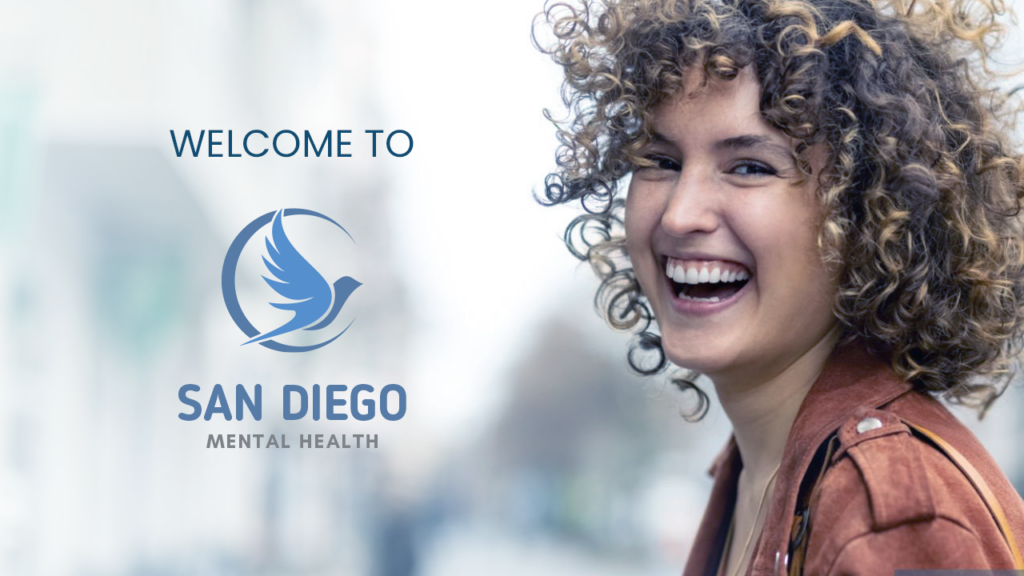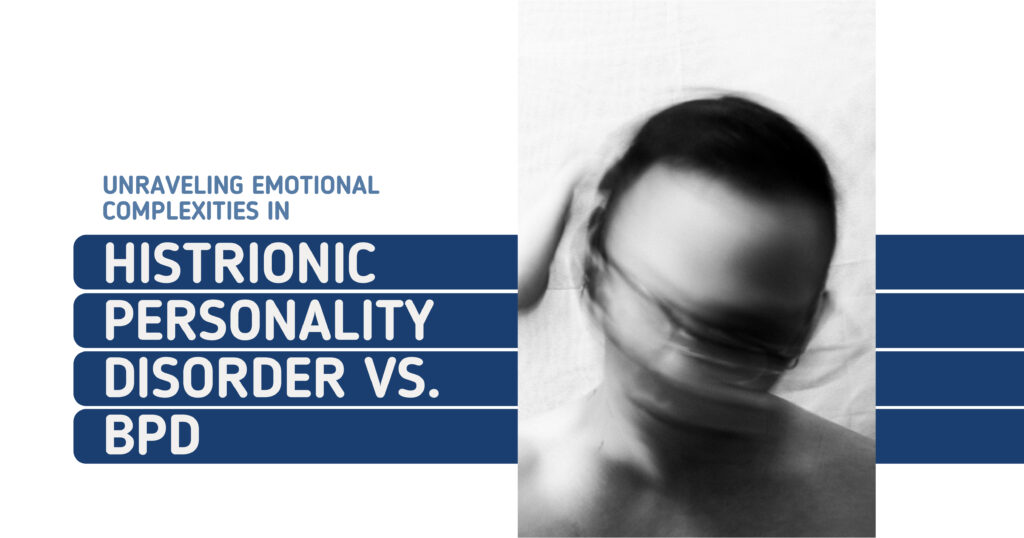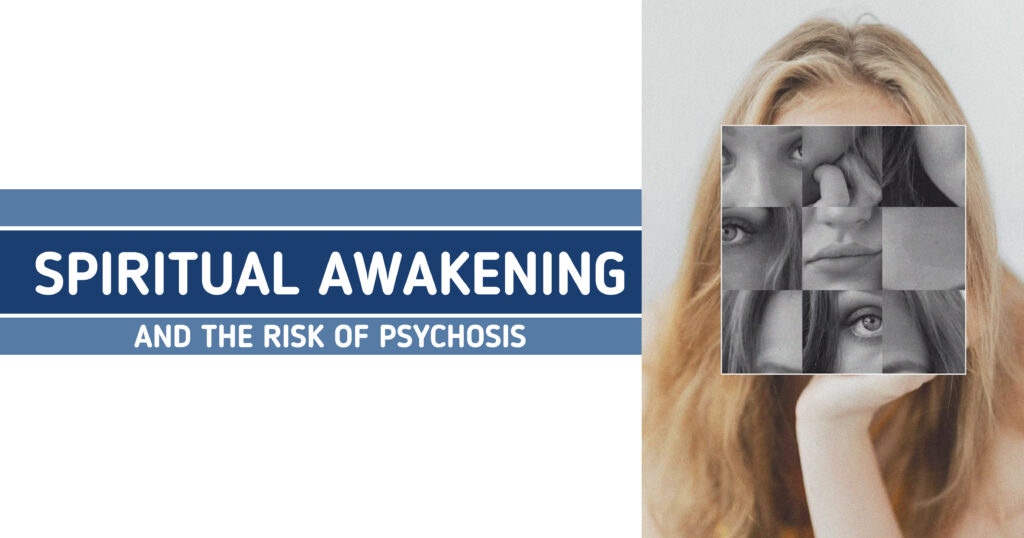Welcome to our deep dive into Attention-Deficit/Hyperactivity Disorder (ADHD) in adults. If you’re here, you might be looking for answers about ADHD, whether for yourself, a loved one, or simply out of curiosity. In this comprehensive guide, we’ll explore what ADHD is, how it manifests in adults, and the various treatment options available. Let’s get started on this journey to understanding ADHD in a way that’s as informative as it is engaging.
Essential Takeaways
- ADHD in Adults is Multifaceted:
- ADHD in adults is characterized by a range of symptoms including inattention, hyperactivity, impulsivity, and emotional regulation issues. These symptoms can impact various aspects of life, such as work performance, relationships, and personal responsibilities. Understanding the multifaceted nature of ADHD helps in recognizing the challenges individuals face and the need for comprehensive management strategies.
- Effective Treatment Involves a Combination of Approaches:
- Managing ADHD effectively often requires a combination of treatments, including medication, Cognitive Behavioral Therapy (CBT), ADHD coaching, and lifestyle adjustments. Each approach addresses different aspects of the disorder, from symptom management to practical skills development, and can significantly improve quality of life when used together.
- Support and Understanding Are Key:
- Support from family, friends, and professionals plays a crucial role in managing ADHD. Providing empathy, encouragement, and practical assistance can help individuals with ADHD navigate their daily challenges and improve their overall functioning. Additionally, seeking professional help for accurate diagnosis and effective treatment is essential for managing ADHD successfully.
San Diego Mental Health
Understanding ADHD in Adults
What is ADHD?
Attention-Deficit/Hyperactivity Disorder (ADHD) isn’t just a childhood condition; it can persist into adulthood, affecting various aspects of daily life. ADHD is characterized by persistent patterns of inattention, hyperactivity, and impulsivity that interfere with functioning or development. You might imagine ADHD as a set of mismatched gears in a machine, causing the whole system to run inefficiently. For adults with ADHD, this can mean a constant struggle with organization, focus, and emotional regulation.
Despite common misconceptions, ADHD isn’t just about being overly energetic or having a short attention span. It’s a complex neurodevelopmental disorder that can affect how a person processes information, manages their time, and handles relationships.
The Impact of ADHD on Daily Life
Living with ADHD as an adult can feel like trying to juggle too many balls at once—there’s a constant sense of being overwhelmed, disorganized, and scattered. Imagine trying to manage a busy work schedule, personal commitments, and social obligations while struggling to stay focused and keep track of everything. It can be exhausting.

Adults with ADHD might find it challenging to:
- Manage Work: Tasks like meeting deadlines, staying organized, and maintaining productivity can become monumental challenges. You might often find yourself procrastinating or missing deadlines, which can affect career growth and job satisfaction.
- Handle Relationships: ADHD can impact personal relationships by causing issues with communication, forgetfulness, and emotional regulation. You might feel misunderstood or frustrated, which can strain your connections with family, friends, and partners.
- Maintain Daily Responsibilities: From managing finances to keeping up with household chores, ADHD can make even routine tasks feel overwhelming. It’s not uncommon for adults with ADHD to struggle with time management and organization, leading to a sense of chaos and frustration.
Understanding these impacts can help both those with ADHD and their loved ones better navigate the complexities of daily life.
Symptoms of ADHD in Adults
Inattention
Inattention is a hallmark symptom of ADHD and can manifest in various ways. It might feel like trying to catch a fish with a net that’s full of holes—your focus slips away, and tasks remain unfinished. Key signs include:
- Difficulty Focusing: You might find it challenging to concentrate on tasks, whether at work or during conversations. This can lead to incomplete projects and a sense of constant distraction.
- Forgetfulness: Forgetting appointments, deadlines, or even daily tasks is common. You might find yourself frequently losing track of important information.
- Disorganization: Managing time, keeping track of responsibilities, and maintaining order can be particularly tough. Your workspace might be cluttered, and you might struggle to prioritize tasks effectively.
Hyperactivity and Impulsivity
While hyperactivity in adults might not look like the stereotypical child’s boundless energy, it can still manifest in subtler ways. Hyperactivity and impulsivity might include:
- Restlessness: You might feel an internal restlessness that makes it hard to sit still or relax. This can be particularly noticeable in settings where you’re expected to be calm and composed.
- Impatience: You might struggle with waiting your turn or sitting through activities without becoming impatient. This can impact social interactions and professional settings.
- Impulsive Decisions: Acting on impulse without fully considering the consequences can lead to hasty decisions in both personal and professional spheres. This might include making rash purchases or interrupting conversations.
Emotional Regulation Issues
ADHD doesn’t just affect focus and organization; it can also impact emotional regulation. Symptoms might include:
- Mood Swings: You might experience rapid and intense mood changes, from irritability to sudden bouts of happiness or sadness. This can affect your interactions and self-esteem.
- Irritability: Everyday frustrations might trigger strong emotional responses. You might find yourself reacting more intensely to minor inconveniences.
- Sensitivity to Stress: Stressful situations can feel overwhelming, leading to heightened anxiety and difficulty managing emotions effectively.

Executive Functioning Difficulties
Executive functioning refers to the mental processes that help you plan, make decisions, and manage tasks. In adults with ADHD, this can be a significant area of difficulty:
- Planning and Organization: You might struggle with creating and sticking to plans, managing time, and organizing tasks. This can lead to missed deadlines and chaotic schedules.
- Decision-Making: Making decisions, whether big or small, might be challenging. You might find yourself second-guessing or feeling overwhelmed by choices.
- Time Management: Keeping track of time and meeting deadlines can be difficult. You might often find yourself running late or feeling rushed.
Causes and Risk Factors for ADHD in Adults
Genetic and Biological Factors
ADHD has a strong genetic component. If you have a family history of ADHD or other neurodevelopmental disorders, you might be at a higher risk. Research shows that ADHD can run in families, indicating that genetics play a significant role in its development.
Brain Structure and Function: Studies have found differences in brain structure and function in individuals with ADHD. These differences affect areas of the brain involved in attention, impulse control, and executive functioning.
Environmental Influences
While genetics play a crucial role, environmental factors can also contribute to the development of ADHD:
- Prenatal Exposure: Exposure to certain factors during pregnancy, such as smoking, alcohol, or high levels of stress, can increase the risk of ADHD in children, which can persist into adulthood.
- Early Childhood Experiences: Adverse childhood experiences, such as trauma or neglect, can impact brain development and increase the risk of developing ADHD.
Co-Existing Conditions
ADHD often coexists with other conditions, which can complicate its diagnosis and treatment:
- Anxiety and Depression: Many adults with ADHD also experience anxiety or depression. These co-existing conditions can exacerbate ADHD symptoms and make treatment more challenging.
- Learning Disabilities: Difficulties with learning and academic performance can overlap with ADHD symptoms, making it essential to address both conditions for effective management.
- Substance Abuse: Some adults with ADHD may struggle with substance abuse as a way to cope with their symptoms or related challenges.
Diagnosing ADHD in Adults
The Diagnostic Process
Diagnosing ADHD in adults involves a comprehensive evaluation by a mental health professional. This process typically includes:
- Clinical Interviews: The clinician will conduct in-depth interviews to gather information about your symptoms, history, and how they affect your daily life.
- Self-Report Questionnaires: You might complete questionnaires or rating scales that assess the severity and impact of your symptoms.
- Neuropsychological Testing: In some cases, neuropsychological testing may be used to evaluate cognitive functions related to ADHD, such as attention and executive functioning.
Accurate diagnosis is crucial for effective treatment. It’s important to rule out other conditions that might mimic ADHD symptoms, such as anxiety or mood disorders.
Self-Assessment Tools
Self-assessment tools can be a helpful starting point for identifying ADHD symptoms, but they are not a substitute for a professional diagnosis. These tools often include questionnaires that assess various ADHD symptoms and their impact on daily life.
If you find that you frequently score high on these assessments or recognize many of the symptoms in your own life, it may be time to seek a professional evaluation. Self-assessment can provide valuable insights but should be followed up with a thorough clinical assessment.
Treatment Options for ADHD in Adults
San Diego Mental Health
Medication
Medication can play a crucial role in managing ADHD symptoms. Common options include:
- Stimulants: Medications like Adderall, Ritalin, and Vyvanse are commonly prescribed stimulants that help increase attention and reduce hyperactivity. They work by enhancing the activity of certain neurotransmitters in the brain.
- Non-Stimulants: For individuals who do not respond well to stimulants or experience undesirable side effects, non-stimulant medications like Strattera (atomoxetine) or Intuniv (guanfacine) may be prescribed. These medications work differently from stimulants and can be effective in managing ADHD symptoms.
Medications can help regulate brain function and improve focus, impulse control, and overall functioning. It’s important to work with a healthcare provider to find the right medication and dosage for your specific needs.
Cognitive Behavioral Therapy (CBT)
Cognitive Behavioral Therapy (CBT) is a type of psychotherapy that is effective for managing ADHD symptoms. CBT helps individuals develop practical strategies for dealing with challenges and improving their functioning. Key aspects of CBT for ADHD include:
- Identifying Negative Thought Patterns: CBT helps individuals recognize and challenge negative thoughts and beliefs that may be contributing to their symptoms.
- Developing Coping Strategies: Therapy focuses on building skills for managing time, organizing tasks, and handling stress. These strategies can help improve daily functioning and reduce the impact of ADHD symptoms.
- Behavioral Interventions: CBT may include behavioral interventions such as setting goals, creating action plans, and using rewards to reinforce positive behaviors.
CBT provides valuable tools for managing ADHD symptoms and can be particularly effective in combination with medication.
Coaching and Skills Training
ADHD coaching and skills training are tailored specifically for individuals with ADHD and can offer additional support:
- ADHD Coaching: Coaches work with individuals to set goals, develop action plans, and build skills for managing ADHD symptoms. Coaching can help with areas such as time management, organization, and achieving personal and professional goals.
- Skills Training: Skills training focuses on practical strategies for managing ADHD symptoms. This may include developing organizational systems, improving focus, and creating routines.
Both coaching and skills training can complement traditional treatments and provide ongoing support for managing ADHD in daily life.

Lifestyle Adjustments
Making certain lifestyle adjustments can help manage ADHD symptoms effectively:
- Establishing Routines: Creating structured routines and setting regular schedules can help improve organization and time management. Consistency in daily activities can reduce chaos and enhance productivity.
- Using Organizational Tools: Tools like planners, reminders, and apps can help keep track of tasks, appointments, and deadlines. Visual aids and organizational systems can aid in staying on top of responsibilities.
- Maintaining a Healthy Lifestyle: Regular exercise, a balanced diet, and sufficient sleep can positively impact ADHD symptoms. Engaging in physical activity can help improve focus and mood, while proper nutrition and rest support overall well-being.
Self-care and stress management are essential for maintaining a balanced life and managing ADHD symptoms effectively.
Supporting Adults with ADHD
Strategies for Family and Friends
Supporting a loved one with ADHD involves understanding and empathy. Here are some strategies to provide meaningful support:
- Listen Without Judgment: Create a safe space for your loved one to express their feelings and challenges. Avoid criticizing or dismissing their experiences.
- Encourage Professional Help: Support your loved one in seeking professional help, whether through therapy, medication, or coaching. Encourage them to explore various treatment options and follow through with their plan.
- Be Patient and Understanding: Recognize that managing ADHD is a continuous process. Be patient with their struggles and celebrate their successes, no matter how small.
Workplace Accommodations
Adults with ADHD may benefit from accommodations in the workplace to enhance their productivity and job satisfaction. Consider the following:
- Flexible Scheduling: Allowing for flexible work hours or break times can help individuals with ADHD manage their energy levels and stay focused.
- Modified Workspaces: Creating a distraction-free workspace or providing noise-canceling headphones can help improve concentration.
- Organizational Support: Offering tools and resources such as task management software or organizational aids can assist in managing work responsibilities.
Workplace accommodations can create a more supportive environment and help individuals with ADHD thrive professionally.
Resources and Further Reading
Organizations and Support Groups
Several organizations and support groups offer valuable resources for adults with ADHD:
- CHADD (Children and Adults with ADHD): Provides information, support, and resources for individuals with ADHD and their families. CHADD Website
- ADDA (Attention Deficit Disorder Association): Offers support, resources, and educational opportunities for adults with ADHD. ADDA Website
- National Institute of Mental Health (NIMH): Provides comprehensive information on ADHD, including research and treatment options. NIMH Website
These organizations offer valuable resources, support networks, and educational materials to assist with managing ADHD.
Recommended Books and Articles
For those seeking further information, consider these recommended books and articles:
- “Driven to Distraction” by Edward M. Hallowell and John J. Ratey: A comprehensive guide to understanding ADHD and practical strategies for managing it.
- “The ADHD Effect on Marriage” by Melissa Orlov: Explores the impact of ADHD on relationships and offers strategies for improving marital dynamics.
- “Adult ADHD: How to Succeed as a Grownup” by Jeff Copper: Provides practical advice and strategies for managing ADHD symptoms in adulthood.
These resources offer valuable insights and practical guidance for navigating ADHD in adulthood.
Call to Action
If you’re an adult struggling with ADHD or suspect you might have the condition, it’s essential to seek professional help. Understanding ADHD and exploring treatment options can lead to significant improvements in your quality of life. Reach out to a mental health professional for a comprehensive evaluation and to discuss the best approach for your needs. For additional resources and support, check out our recommended links or contact us directly. Your path to better understanding and managing ADHD starts today—take the first step towards a more organized and fulfilling life.
Frequently Asked Questions (FAQs)
1. What are the primary symptoms of ADHD in adults?
Answer: The primary symptoms of ADHD in adults include inattention, hyperactivity, and impulsivity. Specific symptoms may include difficulty focusing on tasks, forgetfulness, restlessness, impulsive decision-making, mood swings, and challenges with time management and organization. These symptoms can vary in intensity and may affect different aspects of daily life, such as work, relationships, and personal responsibilities.
2. How is ADHD diagnosed in adults?
Answer: ADHD is diagnosed in adults through a comprehensive evaluation by a mental health professional. The diagnostic process typically involves clinical interviews, self-report questionnaires, and possibly neuropsychological testing. The clinician will gather information about the individual’s symptoms, history, and their impact on daily functioning. It’s important to rule out other conditions that might mimic ADHD symptoms to ensure an accurate diagnosis.
3. What treatment options are available for ADHD in adults?
Answer: Treatment options for ADHD in adults include medication, Cognitive Behavioral Therapy (CBT), ADHD coaching, and lifestyle adjustments. Medications such as stimulants (e.g., Adderall, Ritalin) and non-stimulants (e.g., Strattera) can help manage symptoms. CBT focuses on developing practical coping strategies, while ADHD coaching provides personalized support for goal-setting and skill development. Lifestyle adjustments, such as establishing routines and using organizational tools, can also be beneficial.
4. Can lifestyle changes help manage ADHD symptoms?
Answer: Yes, lifestyle changes can significantly help manage ADHD symptoms. Establishing regular routines, using organizational tools, maintaining a healthy diet, engaging in regular exercise, and ensuring adequate sleep can all contribute to improved symptom management. Stress reduction techniques, such as mindfulness and relaxation exercises, can also support overall well-being and symptom control.
San Diego Mental Health
5. How can family and friends support someone with ADHD?
Answer: Family and friends can support someone with ADHD by offering understanding, patience, and encouragement. Active listening without judgment, encouraging professional help, and providing practical support with organization and daily tasks can be beneficial. It’s important to recognize the challenges the person faces and to celebrate their achievements, no matter how small.
These FAQs and takeaways aim to provide clarity and actionable insights, helping readers better understand and manage ADHD in adults.








